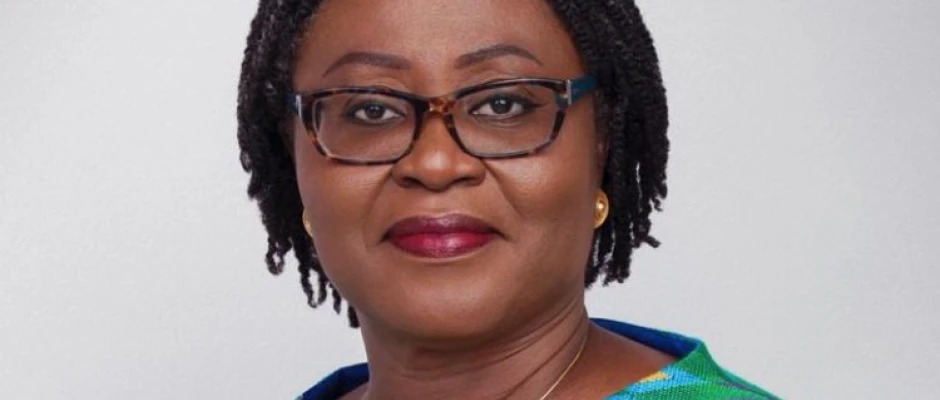The conflict in Sudan is having far-reaching consequences that extend well beyond its borders, the UN has said.
Briefing the Security Council on Friday, Assistant Secretary-General for Africa Martha Pobee said recent reports of violent clashes at the tri-border zone of Sudan, Libya and Egypt, involving the Sudanese Armed Forces (SAF), the Rapid Support Forces (RSF) and forces affiliated with the Libyan National Army, were deeply concerning and marked a serious escalation.
Abyei, she said, had also seen an increased presence of armed RSF personnel, exacerbating the already fragile security situation in the area.
RSF, Pobee went on, were also present in northeastern Central African Republic, where they were recruiting.
She noted that as the situation in Sudan further deteriorated, grave violations of international humanitarian and human rights law continued.
“We are horrified by widespread sexual violence, including against children, and attacks on humanitarian workers,” she said.
The envoy said security conditions remained dire, marked by shifting frontlines, increased and often indiscriminate aerial assaults by both SAF and RSF and continuous attacks on civilians and civilian infrastructure, including hospitals.
She regretted that the warring parties appeared unrelenting in their resolve to pursue military objectives, with the fighting showing no signs of abating.
The focus of the conflict has in recent weeks, shifted once more to the Darfur and Kordofan regions, with the latter increasingly emerging as an epicenter of fighting. The warring parties have reportedly exchanged heavy drone strikes and artillery fire on multiple fronts. El Obeid, the capital of North Kordofan and one of the largest cities in the region, is likely to remain a key flashpoint in the coming weeks.
Pobee said de-escalation was urgently needed, considering the growing use of advanced weaponry, including long-range drones thathad expanded hostilities into previously stable areas of the country.
Aerial attacks in populated areas have already caused significant civilian casualties and mass displacement, a trend that was likely to intensify through the rainy season, as movement on the ground becomes more difficult.
The Office of the High Commissioner for Human Rights, Pobee disclosed, had documented a tripling of arbitrary killings of civilians between February and April. 16. The increase, she said, was largely due to numerous incidents of summary executions in Khartoum, reportedly carried out by SAF and its allies on people.
The envoy said the UN remained deeply concerned about the situation in El Fasher, which continues to be sieged by RSF, where it on June 15, launched yet another attack on the city, following months of increased mobilization of fighters, including the recruitment of children, across Darfur.
Pobee said all parties to the conflict must be held accountable for their actions, and appealed to them to translate into concrete action, the commitments they made to protect civilians, including in the Jeddah Declaration of May 2023.
She also encouraged the warring parties to preserve Sudan’s unity, sovereignty and territorial integrity as a critical element for a sustainable solution to the crisis.
She reiterated the UN’s commitment to harnessing the collective strength of multilateral organizations in the coordination of mediation efforts.




